
The discussion on drought, crop failure, and poverty began with the PVCA (Participatory Vulnerability and Capacity Assessment) process conducted in Gunungkidul in 2024. Five villages across the districts of Ngawen, Panggang, Purwosari, and Gedangsari participated in the Community Disaster Risk Assessment led by YAKKUM Emergency Unit and the Working Group for Resilience Actions in Yogyakarta (POKJA DIY). However, beyond just a discussion, this issue stirred thoughts among us as the people of Gunungkidul.
Every Year Water Is Delivered to Us, But Until When?
The issue of drought in Gunungkidul, particularly in Giriharjo village, is often addressed through water distribution. Over the course of seven months, we receive around 180,000 liters of water for each sub-village. This has been the case every year since 2018. So far, the community’s adaptive capacity has been demonstrated by the building of Rainwater Harvesting Systems (PAH). Rainwater Harvesting Systems (PAH) in nearly every house, with a capacity of less than 5,000 liters. This shows that the community heavily relies on rainwater to meet their daily needs. During the rainy season, they collect as much water as possible, while in the dry season, they rely on the water they have stored. Unfortunately, the stored water does not last long. In just a week, their water reserves are usually depleted, and the community often has to purchase water in tanks or wait for government-supplied water distribution.
Each year, Giriharjo village allocates approximately IDR 4,000,000, or about USD 237.38, for water distribution. However, I believe this is not a long-term solution, but only a temporary measure. Once the water runs out, the community faces drought again. During the 2022 Development Planning Meeting (Musrenbang), I proposed a program to establish Rainwater Harvesting Systems (PAH) with a capacity of 5,000 liters, covering the areas of Padukuhan Panggang I, Panggang II, and Panggang III in Giriharjo, serving about 650 households.
I also raised this issue during my participation in the Community Resilience Partnership Program (CRPP) Forum 2025 in Bangkok last February. I shared how the people of Giriharjo struggle with the impacts of climate change. Living in a karst rock area makes it difficult for us to access groundwater, but this issue can be mitigated by utilizing rainwater. However, climate change has caused shifts in the rainy season, making the dry season longer than before, which results in even less rainwater being collected.
Most of the people in Giriharjo village work as farmers, so water is crucial for agricultural irrigation. When the dry season arrives, farmers become vulnerable to crop failure and land degradation. As a result, many of them shift to working as laborers in the city because the rice planting season in our village only happens once a year. This situation has led to a shift in the community's culture, especially regarding their livelihoods.
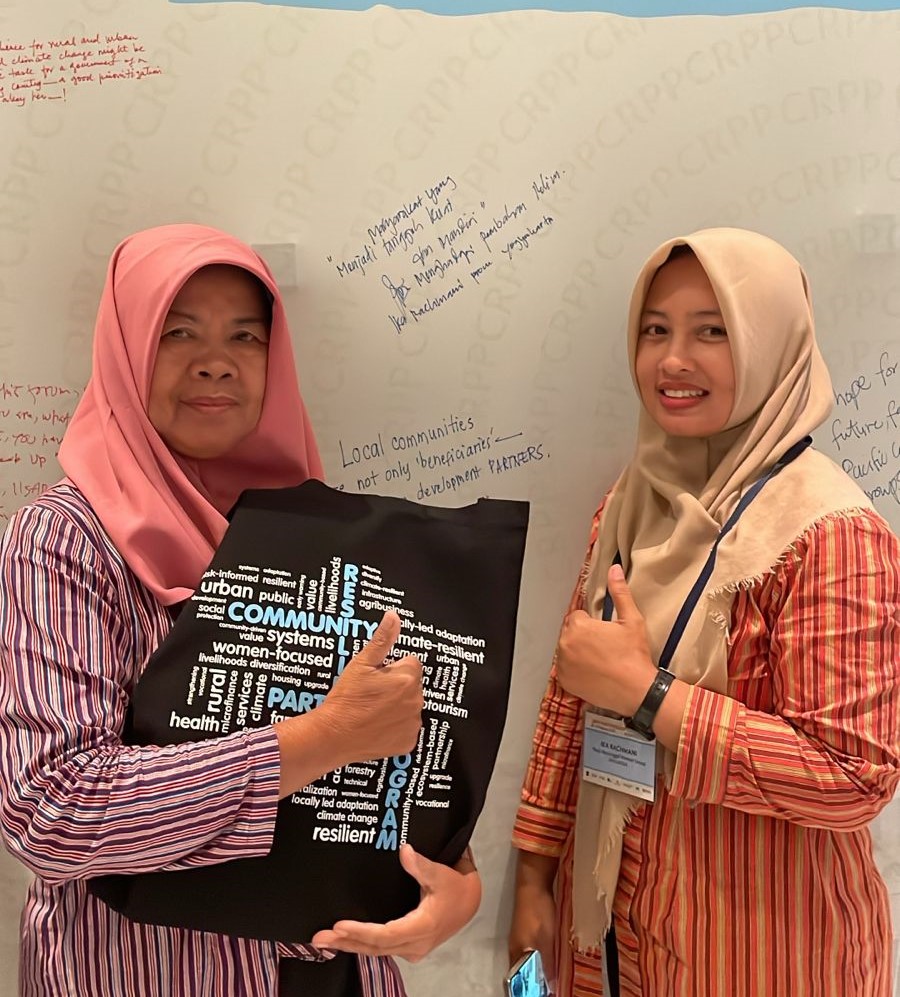
Image: Ika Rachmani (right) and Musidah (left) at the CRPP Forum 2025
Reflections from the CRPP Forum 2025
During my time at the CRPP Forum, my colleague Musidah from Girimulyo village and I gained many valuable insights. One significant lesson came from a participant from the Philippines. In their country, there are areas with even harsher conditions than Girimulyo, in terms of both housing and livelihoods. Yet, they have managed to be more resilient. In the Philippines, they also face the threat of crop failure that could wipe out all the farmers' assets. When crop failure occurs, farmers may be forced to sell everything they own.
I reflected on this: if such a situation happened in my village, would we have to sell all our assets? Surely, there must be another solution. Therefore, through the Harjo Manunggal group in the Community Resilience Funding (CRF) program, we proposed raising chickens as an alternative to address crop failure and food shortages.
By raising chickens, people can use the eggs for consumption or to sell. They can also breed the chickens, increasing both their quantity and quality, thus providing meat for consumption. Besides offering an opportunity for improved family nutrition, chicken farming can also generate extra household income to meet other needs, such as purchasing clean water.
In the realm of advocacy, I learned that as women, we have the ability to express our opinions in a structured manner. In formal settings, there is a specific language that needs to be used to communicate opinions effectively. In Indonesia, women often get carried away by emotions when speaking, which can sometimes make their arguments seem forceful or even irritating. In fact, the government already has its own budget allocations, made with specific considerations, but it often lacks understanding from the community's perspective. Overly passionate language can obscure the purpose and intent of the proposals. Therefore, I believe there is a need to enhance our capacity in negotiation and public speaking, so that the messages we convey are better received and understood.
Additionally, during my time in Bangkok, I learned about the culture of frugality and efficiency practiced by the people there. This lesson came not during the forum but during breaks, when I had a conversation with a restaurant vendor. I learned that in Thailand, many restaurant owners cook in large quantities at once and then store the food. When customers arrive and order, they only need to reheat the dishes, saving time and resources. This practice not only demonstrates time efficiency but also reduces food waste, as the packaging system is carefully measured to avoid excessive portions that would otherwise go to waste.
These experiences have enriched my understanding and provided inspiration to seek more sustainable and efficient solutions for the community in our village.
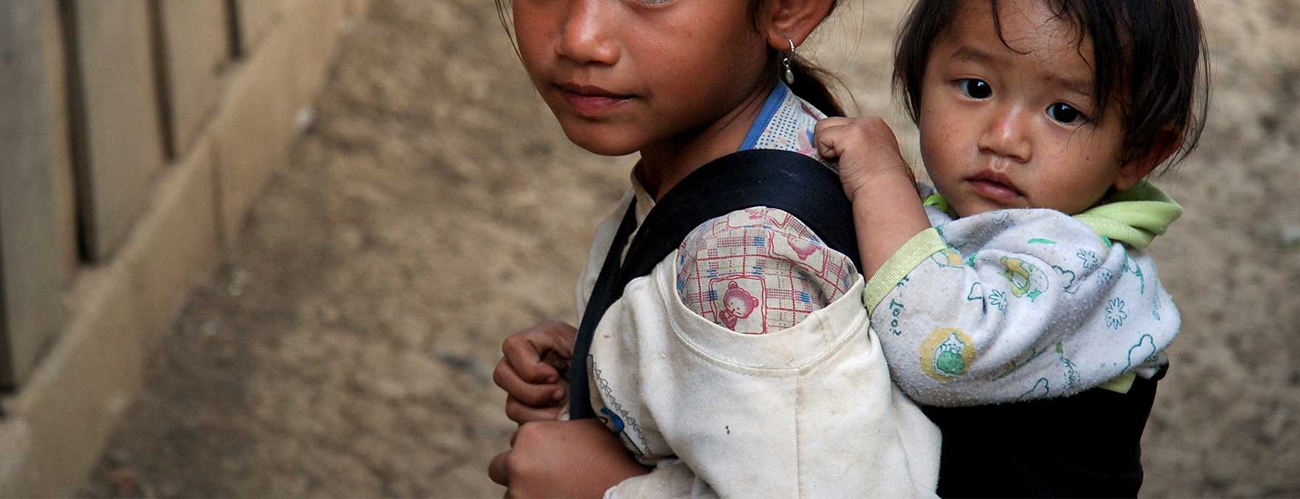

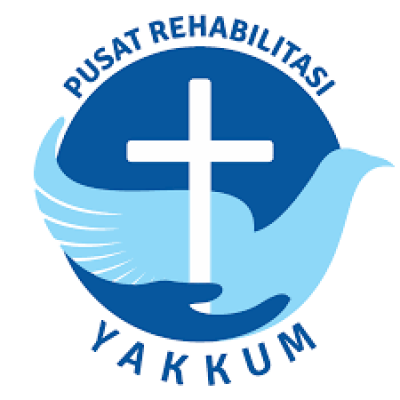


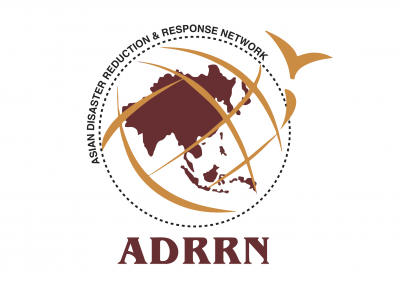
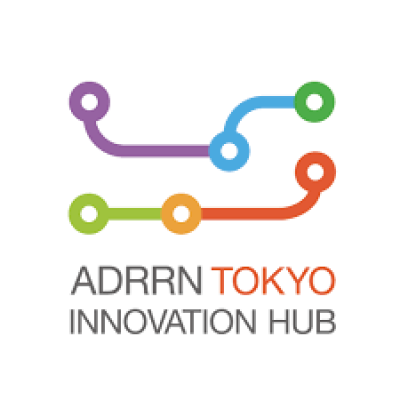




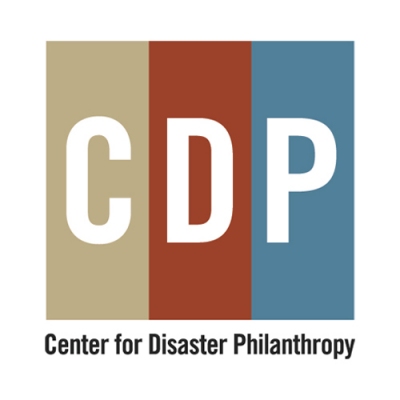
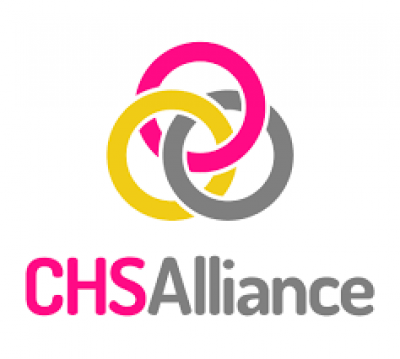


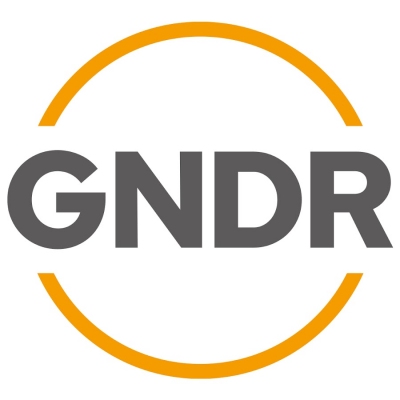
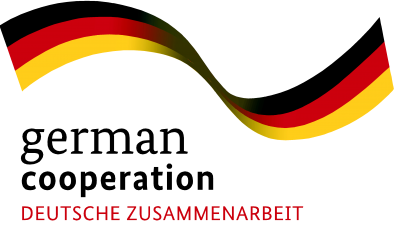
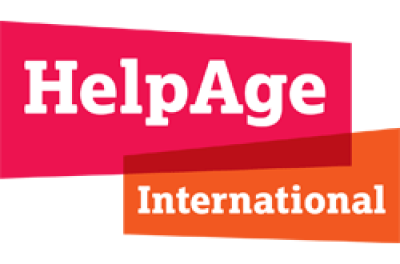






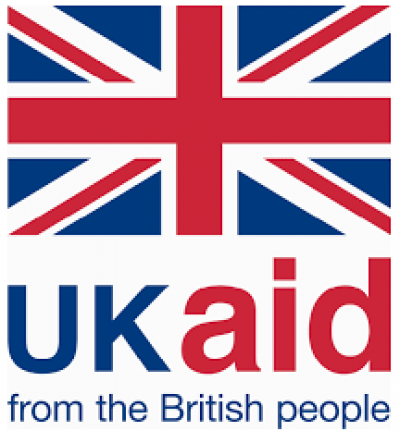

Social Media
@yakkumemergency
yakkumemergency